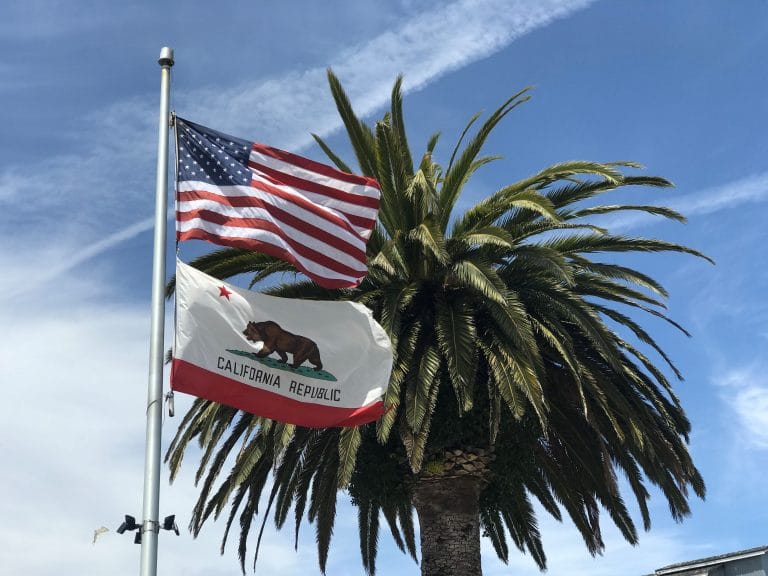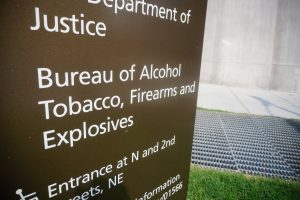California cannot sue gun businesses for selling “abnormally dangerous” products, a federal judge ruled Wednesday.
US District Judge Andrew Schopler issued a preliminary injunction against a portion of a California law that allows the Attorney General, local government officials, and even private residents to sue members of the firearms industry that manufacture or sell “abnormally dangerous” guns and accessories. Schopler found that the law attempted to regulate out-of-state commercial activities and was likely unconstitutional.
“When a state law like this completely bans—or even just ‘directly affects’— commercial ‘transactions that take place entirely outside of the state’s borders,’ it plainly contravenes the dormant Commerce Clause,” Schopler, a Joe Biden appointee, wrote in National Shooting Sports Foundation (NSSF) v. Bonta. “This is so even if the regulated ‘commerce has effects within the State’ of California.”
The ruling pours cold water on the Golden State’s latest attempt to impose civil liability against the gun industry for harms caused by criminal third parties. The strategy has become increasingly prevalent in California and other progressive states in recent years as a way to circumvent federal industry liability shields. Wednesday’s injunction suggests attempts by states to apply that strategy beyond their own borders risk running afoul of more than just federal firearms liability law.
The latest legal fight stems from AB 1594, California’s Firearm Industry Responsibility Act. Signed into law by Governor Gavin Newsom (D.) in July 2022, the act created a “standard of conduct” for the firearms industry that would require all gun businesses to implement “reasonable controls” to prevent their products from being sold to criminals. It also banned the manufacturing, marketing, importing, and sale of any “firearm-related product” that is “abnormally dangerous” and likely to create a public safety risk in the state. The law’s text defines abnormally dangerous products as those that are “most suitable for assaultive purposes” or designed to appeal to minors and other prohibited persons.
The act is designed to be enforced by any “person who has suffered harm in California,” the Attorney General, or city or county attorneys who allege that a gun business has failed to abide by the newly created standard of conduct.
Though the law is ostensibly aimed primarily at California gun businesses, Judge Schopler said its broadly defined cause of action could easily be applied to companies that don’t do any business in the state.
“None of the commercial parties here need a direct California connection,” he wrote. “Under the Firearm Act, an out-of-state industry member—who does no business in California—may be liable for transactions that involve no California parties or destinations. The only in-state link concerns the ‘abnormally dangerous’ gun itself.”
NSSF, the firearms industry’s trade group, filed suit against the law in June 2023. The group celebrated Wednesday’s injunction.
“We are thankful the court enjoined the state from suing members of the firearm industry under this unconstitutional law that attempts to use the real threat of liability on commerce beyond California’s borders and impose its policy choices on its Sister states,” Larry Keane, NSSF General Counsel, said in a press release.
While the group prevailed in its claims against the abnormally dangerous products ban, Judge Schopler denied its request for a similar injunction against the law’s other provisions. He said the NSSF lacked standing to challenge those sections of the law because it couldn’t prove that any business had yet violated their terms.
Keane said the group is still considering whether it would file an amended complaint to persuade Schopler otherwise.
Meanwhile, California officials offered more of a mixed reaction to the decision. A spokesperson for Newsom told The Reload that the Governor is “reviewing the decision and conferring with the Attorney General regarding next steps.”
“Importantly, the court dismissed the challenge to the law’s requirement that gun stores and others in the industry work to prevent unlawful transactions and other violations of law,” he added. “This means bad actors can still be held accountable for harms their products cause.”






